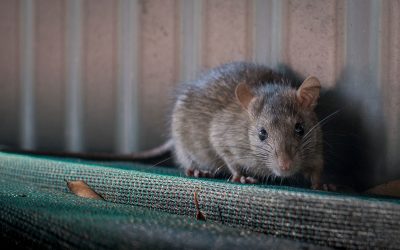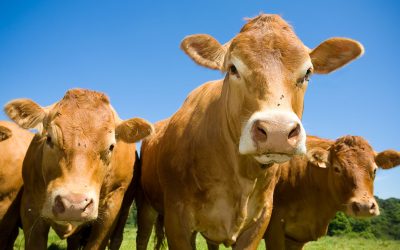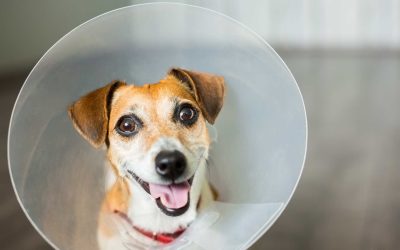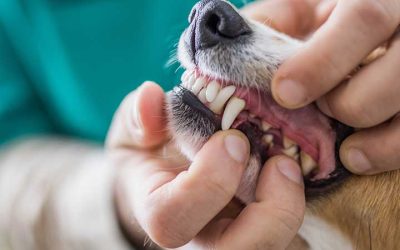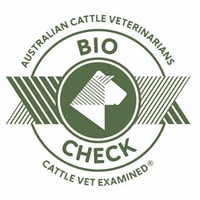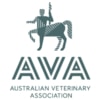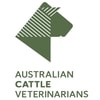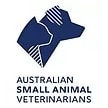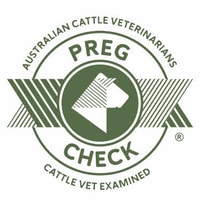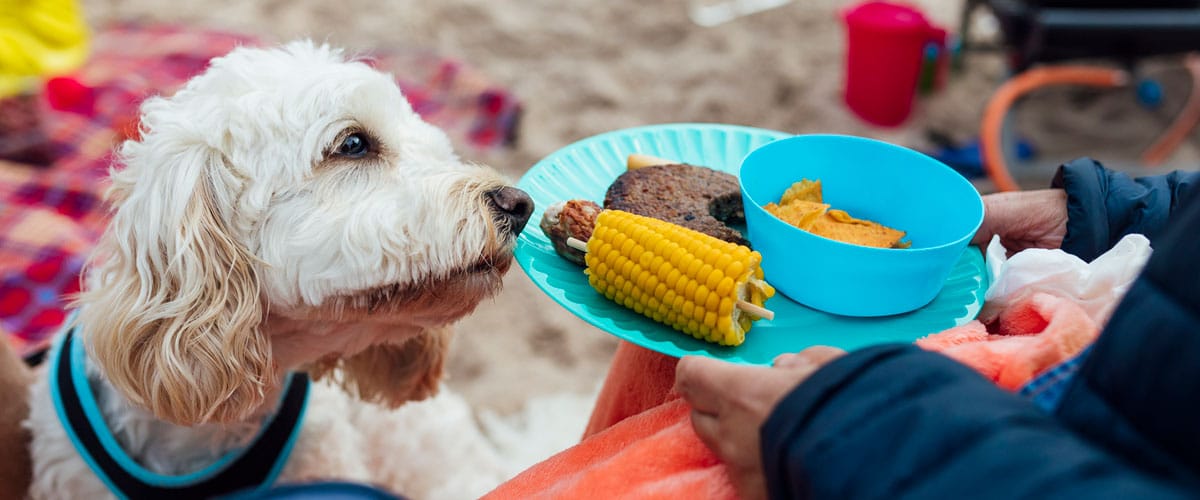
With the sun shining and beautiful warm weather upon us – who can resist a picnic or barbecue with friends!?
It is a wonderful opportunity to spend time outdoors and the perfect chance for your pet to come along for some quality time together.
If you are taking your furry friend along to picnics and barbecues, there are many hazards to watch out for!
Foods
Barbecue and picnic foods can present several issues for our pets. Some key foods to keep your pet away from include:
- Onions(and other members of this family – garlic, shallots, scallions, etc.) are toxic for dogs when ingested and can cause serious health complications
- Sausages are very high in fat, and often, ingestion can lead to pancreatitis
- Salty foods like chips, pretzels, and crackers contain high amounts of salt that can lead to vomiting and diarrhoea
- Alcohol should not be shared with pets – their livers struggle trying to break down alcohol and can lead to damage which can be fatal
- Cooked bones such as ribs, t-bones, and chicken wings can splinter and become stuck in your pet’s throat or gut, leading to serious health problems requiring surgical intervention
- Corn cobsare not safe to be ingested as they will not be broken down in your pet’s stomach, often leading to fatal bowel obstructions
- Skewersfrom kebabs and other foods can lead to serious puncture wounds in your pet’s mouth and gut, often requiring surgical intervention
- Seafood shells(prawns, mussels, oysters, etc.) can lead to internal damage if ingested and can not be digested, which can require surgical removal
Burns
Keep your pet away from barbecues altogether to avoid burns from splattering oil or direct body to hot-plate contact! To help train your pet to stay away from the barbecue, never feed them scraps or food from the barbecue. Always ensure the barbecue is supervised, and if it has a lid, consider closing it to protect your pets. If your pet does burn themselves, cool the burn site with cool, running water and call us immediately.
Rubbish
Always ensure you clean up your rubbish or food scraps when you are ready to leave the picnic or barbecue site. Leftovers may cause harm if ingested by other pets or local wildlife visiting the area.
Preparation
Before heading to your picnic or barbecue location, be sure to check:
- Fresh water and shade are easily accessible for your pet
- That the local council permits pets (on or off-leash) to be in this area
- Your pet is adequately socialised and will not become anxious meeting new people and potentially other pets
- Your pet’s vaccinations and parasite protection is up to date, especially if you are visiting an unfamiliar area
- Your pet is appropriately and safely restrained when being transported to your destination
If you have any questions or concerns or would like some more safety and first aid advice, give us a call on 07 4693 2233 or book a consultation with our friendly team by emailing info@pittsworthvetsurgery.com.au or booking online.
RELATED ARTICLES
Rat Bait Toxicity
Take care when choosing rodenticides this winter as it could mean the difference between life or death of your pet. Not all baits are equal in their toxicity and you should always refer to the ingredients listed on the product. There are three key types of Rat Bait:...
Calving – When to intervene
The most common reason for calf losses in the cattle industry are calving difficulties, known as dystocia. In order to recognise dystocia promptly, an understanding of the normal calving process is necessary. The more difficult the calving; the greater the risk of...
Discount desexing
This Winter we are offering our annual 20% off de-sexing’s for both dogs & cats from 1st June to 31st July. If it's something you have been putting off then wait no longer! ADVANTAGES OF DESEXING Reduction in vet bills by reducing the following health conditions;...
The Importance of Dental Care for Your Pet
Did you know that 80% of dogs and 70% of cats over three years of age have some form of dental disease? Dental disease can not only be painful and uncomfortable for pets, but the procedure to clean and remove teeth becomes more complicated and often more costly to...
RELATED
ARTICLES
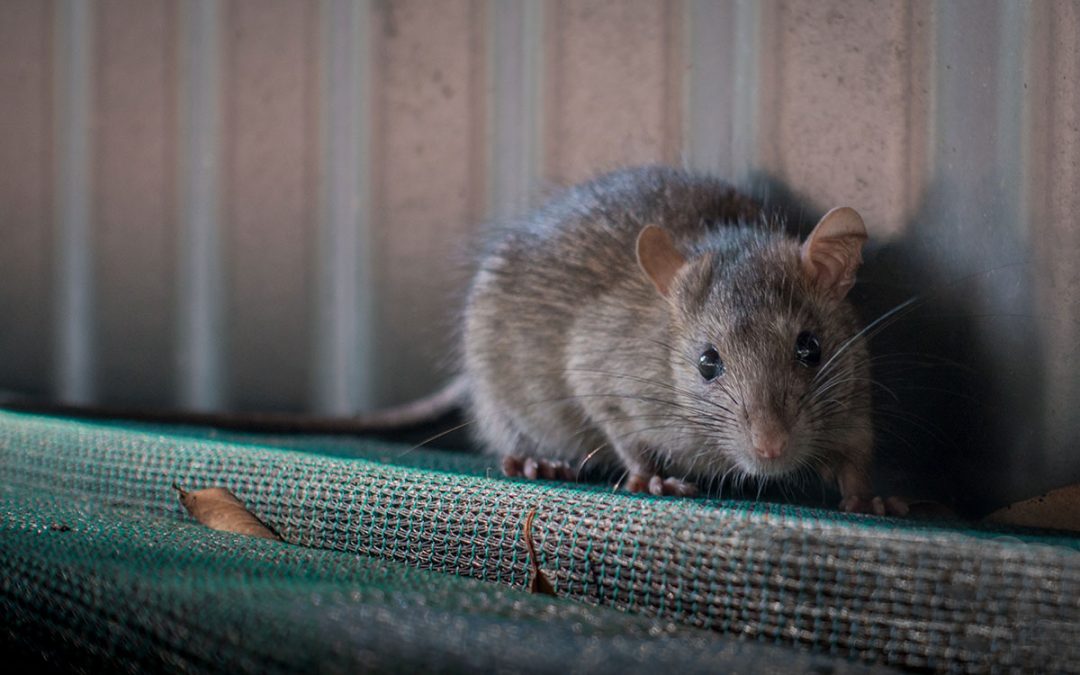
Rat Bait Toxicity
Take care when choosing rodenticides this winter as it could mean the difference between life or death of your pet. Not all baits are equal in their toxicity and you should always refer to the ingredients listed on the product. There are three key types of Rat Bait:...
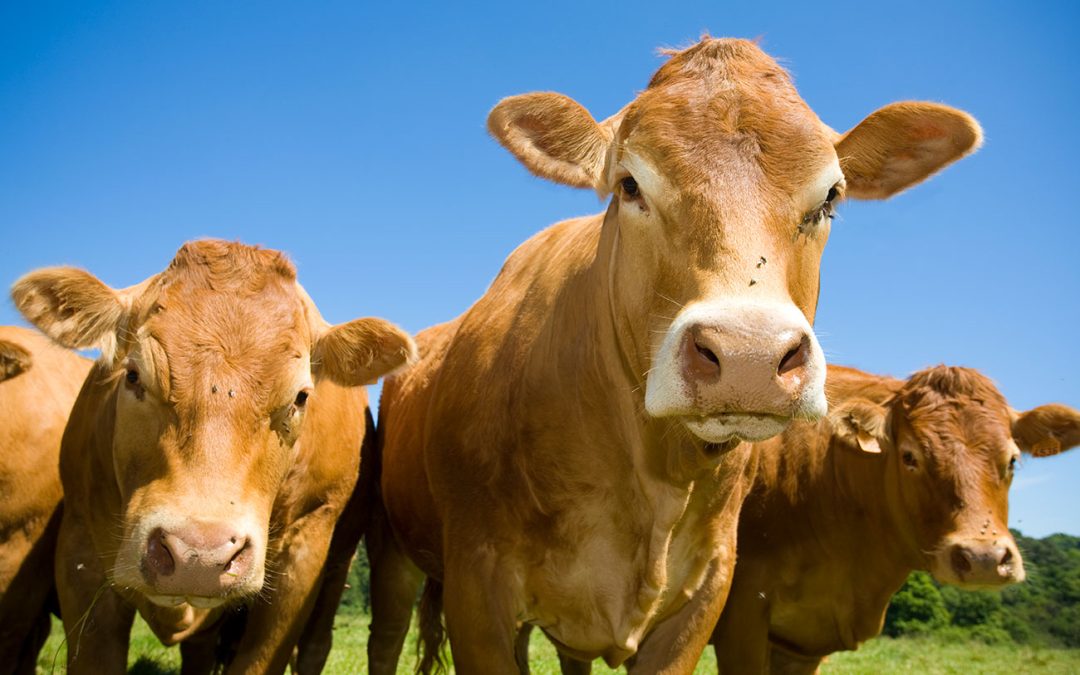
Calving – When to intervene
The most common reason for calf losses in the cattle industry are calving difficulties, known as dystocia. In order to recognise dystocia promptly, an understanding of the normal calving process is necessary. The more difficult the calving; the greater the risk of...
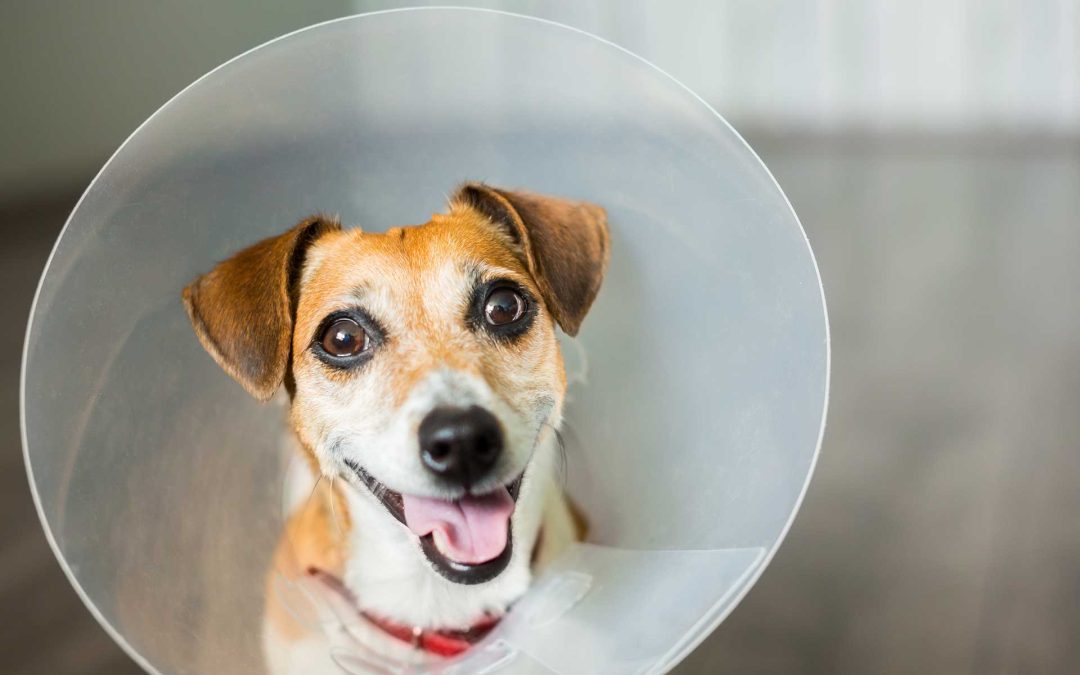
Discount desexing
This Winter we are offering our annual 20% off de-sexing’s for both dogs & cats from 1st June to 31st July. If it's something you have been putting off then wait no longer! ADVANTAGES OF DESEXING Reduction in vet bills by reducing the following health conditions;...
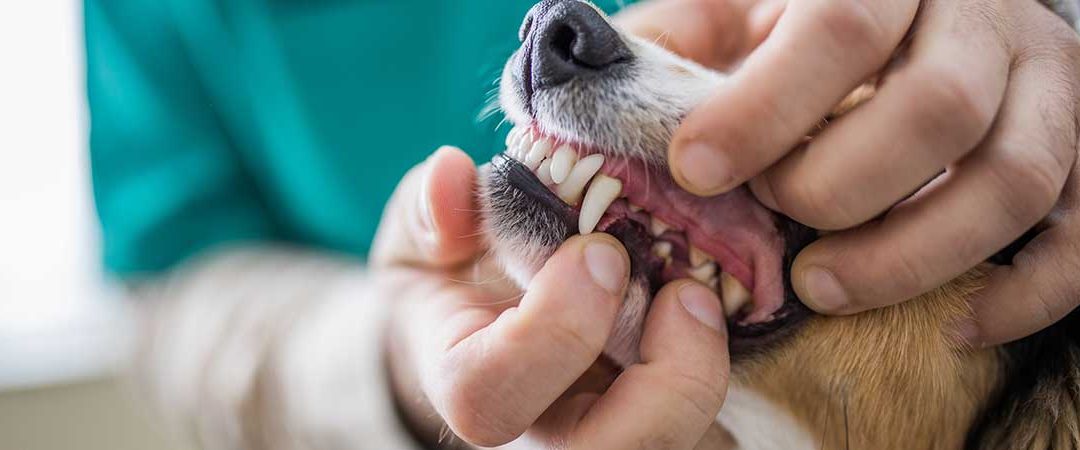
The Importance of Dental Care for Your Pet
Did you know that 80% of dogs and 70% of cats over three years of age have some form of dental disease? Dental disease can not only be painful and uncomfortable for pets, but the procedure to clean and remove teeth becomes more complicated and often more costly to...
Call Us Today To Discuss Your Animal Needs
Business Hours Phone: 07 4693 2233




